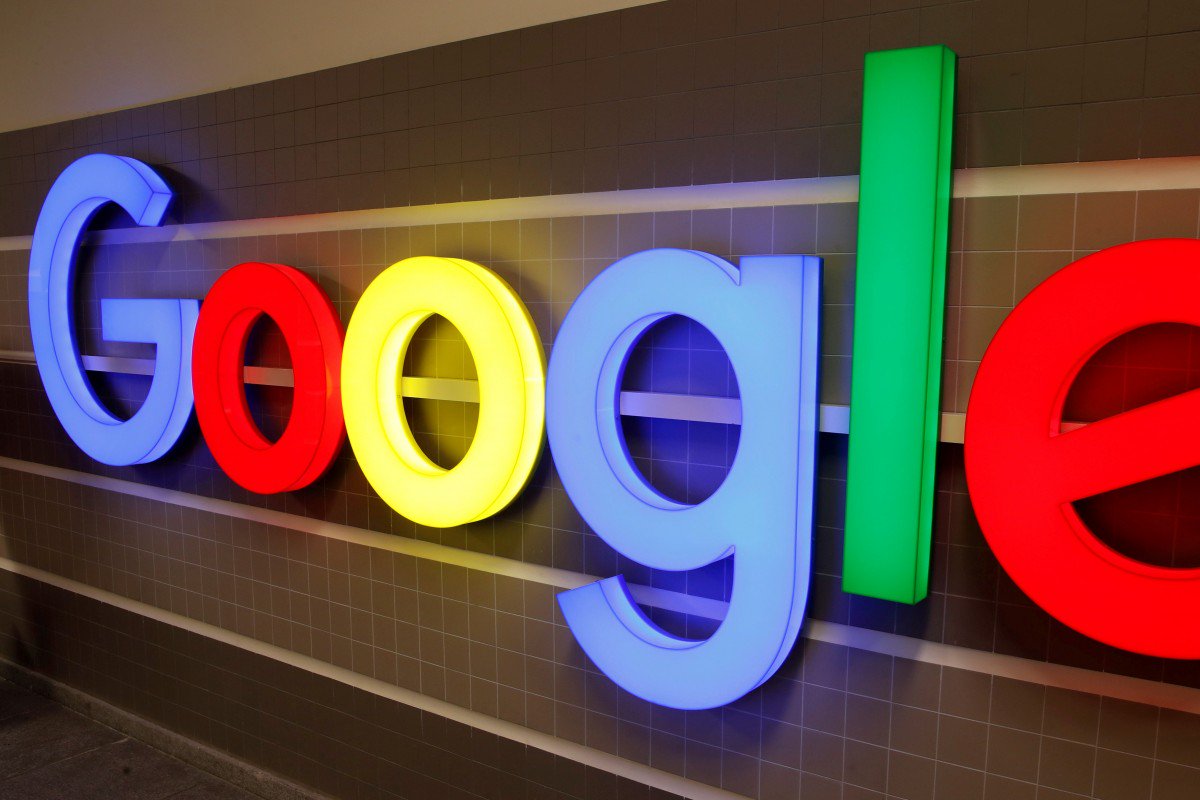24/01/20206min

The Google Play Store now features three Google apps designed to fight back against phone addiction. One, called Envelope, was developed by the company’s Special Projects – Experiments division and currently supports the Pixel 3a only. This app first requires you to print out a real envelope and put your Pixel 3a into it. There are cutouts only for the fingerprint reader and the main camera in the back. This reduces the functionality of the phone which will be able to make and take calls, give you the time, and take photos and videos. In other words, the app essentially turns your smartphone into a feature phone.
Keep in mind that the envelope does prevent you from viewing the photos and videos you have just taken. Because the UI uses a black background, the app is battery friendly even if you keep your Pixel 3a inside the envelope all day. The few comments posted on the Play Store mostly gave Envelope a strong review.
Another app found in the Play Store designed to fight phone addiction is called Activity Bubbles. Each time you unlock your phone, a new bubble is created on the screen. The bubble continues to grow in size until the phone is locked. This gives you a visual look at how often you are using your phone over the course of a day. This app and the Screen Stopwatch were developed by Google Creative Lab. The Screen Stopwatch is somewhat similar to the Activity Bubbles. Every time you unlock your handset, the large stopwatch counts off how long the display has been active over the course of a day. All three of these apps are free.
Of course, Google already offers the Digital Wellbeing app which tracks the number of times an Android phone has been unlocked, and how many notifications have been received during the course of a day. It also tracks which apps have been used the most and can limit the usage of a particular app during the day. It also gives users a chance to wind down and wean off the phone while getting ready for bed.
Google originally offered the Digital Wellbeing app on the Pixels and it now is available for other Android phones as well. Last year, Google added a new requirement to the licensing agreement that it requires phone manufacturers to sign in order to use the Google Mobile Services version of Android. All phones upgraded to or installed with Android 9 or Android 10 must now come with Digital Wellbeing or feature a similar app developed by a licensed Android manufacturer.
The topic of screen addiction was addressed in a documentary from 2016 called The Screenagers. In 2018, students from California’s Stanford University made big news by protesting against screen addiction at an Apple Store in Palo Alto. The protestors belonged to a group called Stanford Students Against Addictive Devices or SSAAD. The group was complaining that Apple wasn’t doing anything to stop users from constantly checking their iPhones. Some believe that this protest specifically led Apple to create Screen Time, a feature that tracks the daily usage of an iPhone user. And that led Google to create Digital Wellbeing.
Screen addiction is a real problem. Last month, a study from London consisting of 42,000 adolescents discovered that 25% of the kids in the study were addicted to their phones and even experienced withdrawal symptoms when they had their handsets taken away from them.

